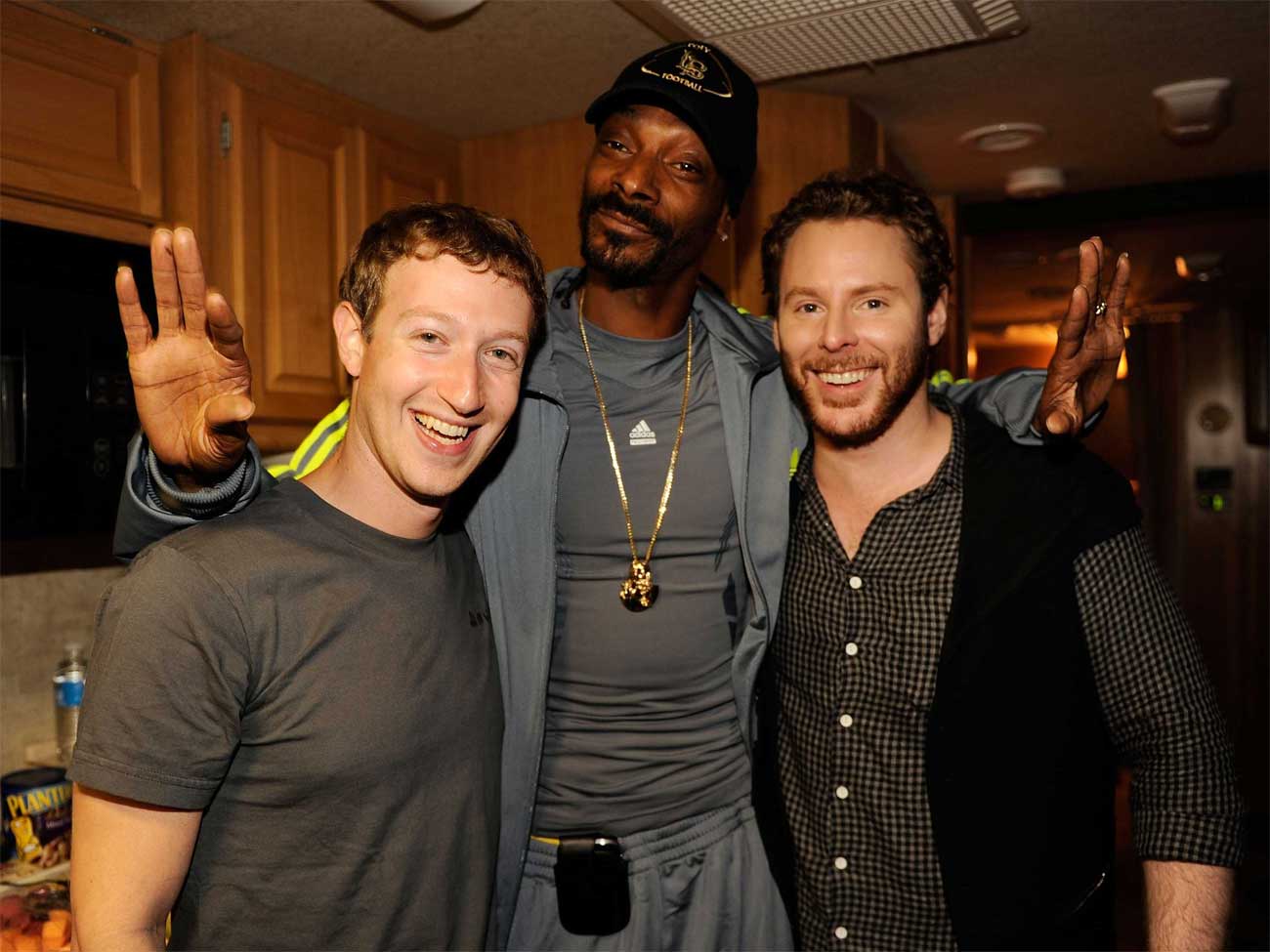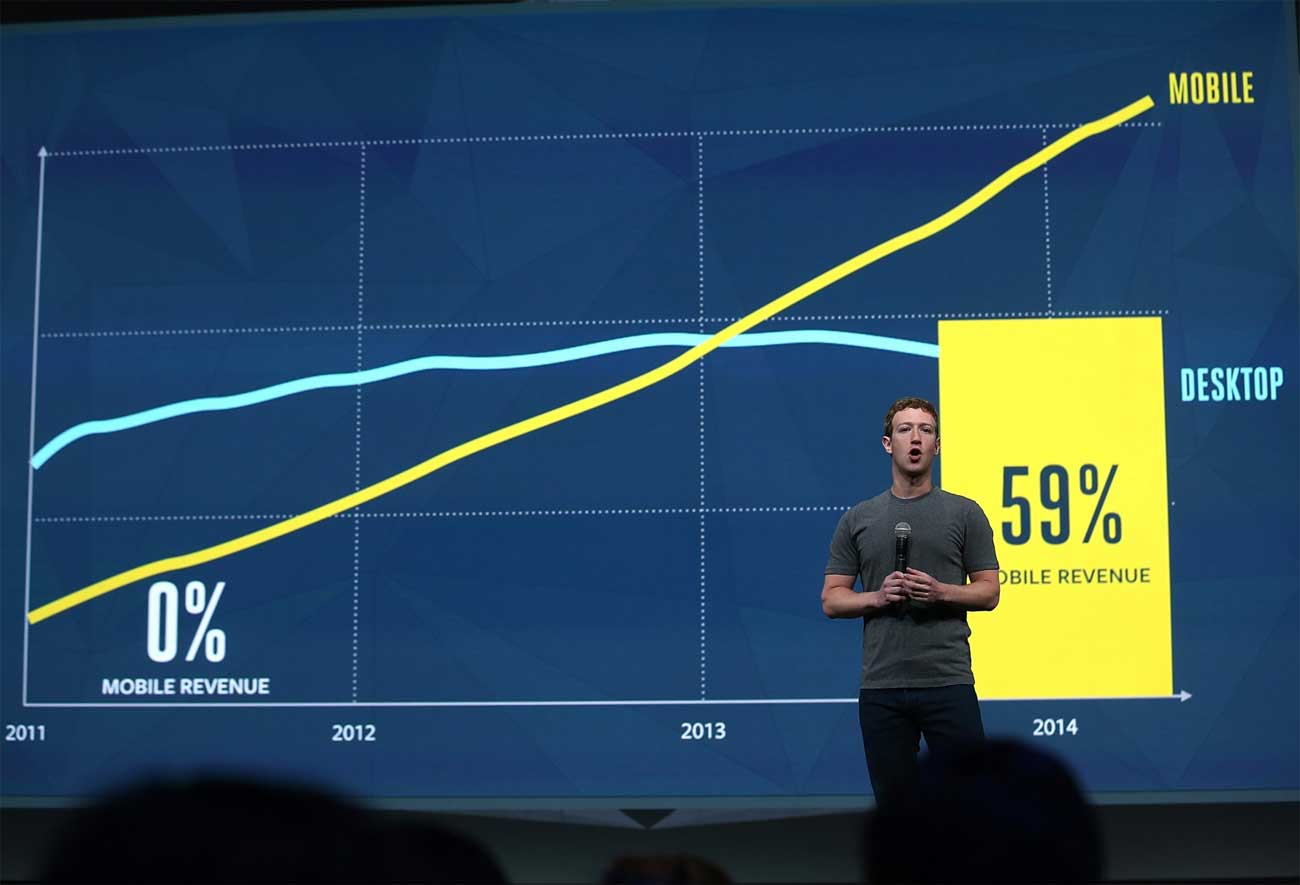3 valuable business lessons from Mark Zuckerberg
When Facebook became the largest social network on the planet, almost no "resident" in this world knew Mark Zuckerberg.
More than 10 years ago, in a room in Harvard University's Kirkland House dormitory, Mark Zuckerberg (then, about 19 years old) formed Facebook with friends who were computer science students and friends. Eduardo Saverin, Dustin Moskovitz and Chris Hughes. Facebook's predecessor is Facemash.
However, when it came into operation soon, Facemash was punished by Harvard's management for violating security, copyright infringement, personal freedom and Mark's risk of expulsion.
In the following semester, Zuckerberg founded "The Facebook", originally located at thefacebook.com, on February 4, 2004. The initial membership registration was limited to Harvard University students, and in within the first month, more than half of university students at Harvard have registered for this service.
After about 10 years, Mark has been 32 years old and CEO of "the largest social network on the planet" worth up to 340 billion USD!

Obviously, with such achievements and efforts, Mark has given us a lesson that seemingly impossible goals can be realized by high-tech ecosystems. Now, Mark has become a model and a pioneer of breakthroughs that entrepreneurs and entrepreneurs should learn.
Here are 3 extremely valuable business lessons from Facebook's "boss":
1. Learn new things, but just follow what you like
During a talk at Y Combinator Startup School (Y Combinator Startup School), Mark shared that startups need to be more flexible in pursuing each of their goals. Even in the letter to the shareholders, he stressed that Facebook would never become a true company and that at first it could only grow like an improvised hobby of the house. Foundation. However, thanks to the flexibility of changing time, Facebook has now become a business.
It would be good if your idea can solve small problems. However, according to Facebook CEO, the best idea is that it needs to create impact on a large scale for society and to achieve that, you need to change what you do. Mark also advised young people who are planning to do business in order to learn more about what they like and dislike before pursuing what they have chosen.
2. Don't try to be "superhero"

Once, while attending a live question and answer session, Mark received a question about how he could overcome Facebook's challenges in the early stages, such as finding good investors. Attracting users . Mark replies: "No one can know everything. Seek help from others, such as family and friends."
Many people want to start a business but fear risks and make mistakes. They dare not face defeat. However, Facebook boss insists that receiving strong support from a group of people who can share your vision will be a great solution to help you easily consider, anticipate and analyze carefully. the ability and correct evaluation of which option is worth risking.
3. "Complete" better "perfect"

At Facebook's headquarters in Menlo Park (California, USA), the slogan "Done better than perfect" ("Done is better than perfect") is painted on many walls as a "mantra" for the whole company. . This slogan implies that the process goes from action to assessing the reaction, then improving services that Mark prioritizes above all other things.
"Instead of spending days trying to argue about the feasibility of a new idea or finding the best way to build something, hackers often create a trial version first and see if it works effectively. where". Mark Zuckerberg likens this to the hackers' work (The Hacker Way) and also applies this motto to his company.
Thus, Facebook's working environment is always covered by optimism and employees are always free to challenge their own limits and then realize that "This may be better. half". The same thought makes them try harder and always try to improve what has been achieved.
You should read it
- ★ 6 business skills that schools don't teach you
- ★ 5 successful business lessons from Amazon CEO - Jeff Bezos
- ★ The true story of a 'poor overcoming' CEO and 6 valuable lessons for those who want to start a business
- ★ Founder of Acqueline Whitmore: 'Things that hinder an entrepreneur from reaching success'
- ★ Want to keep working forever, what qualities do employees need?